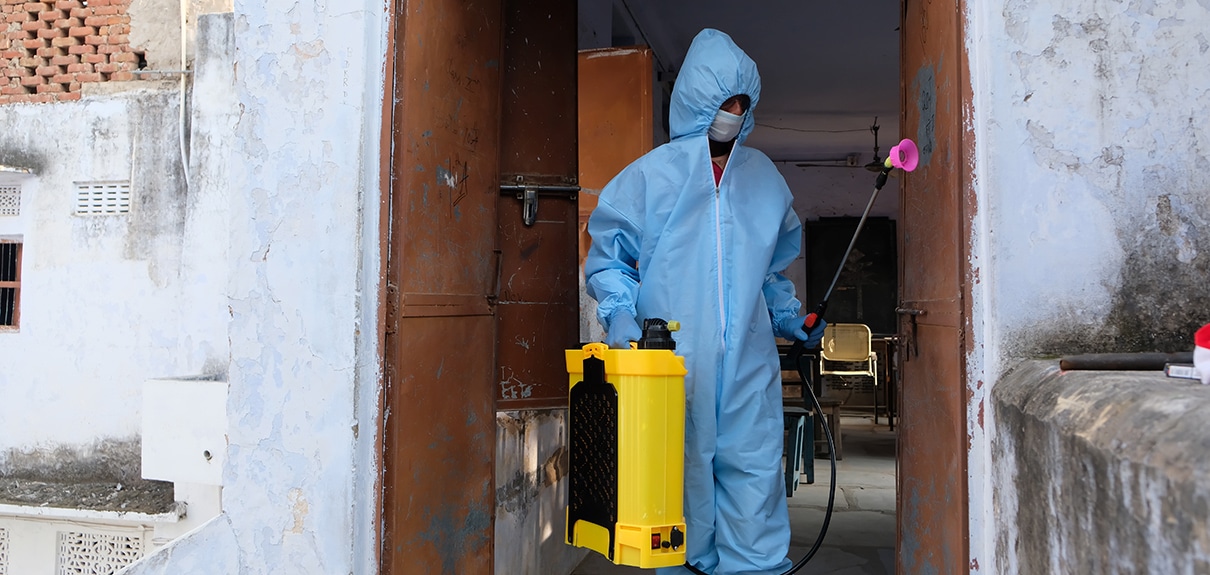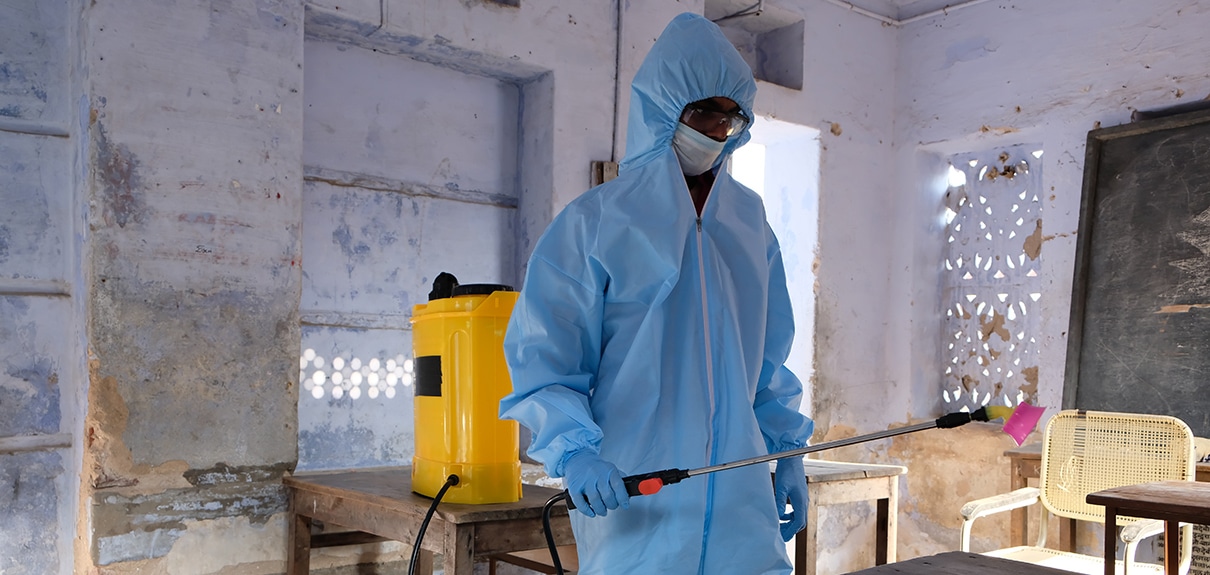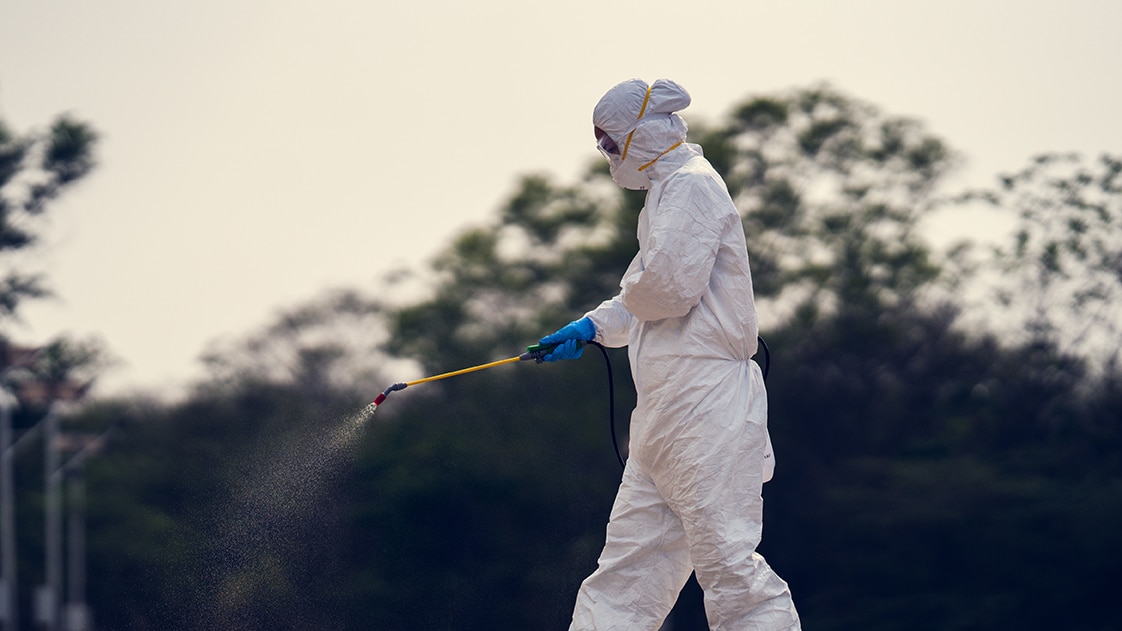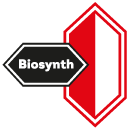Our worlds of caring!



Corporate Social Responsibility (CSR)
At Biosynth, CSR is an integral part of the business framework for sustainable development and is viewed as the optimal way to
achieve a balance of economic, environmental, and social imperatives. As an industry leader we incorporate CSR and balance
the business landscapes that we build for our clients and the operations of our own business. Our recent initiative addresses the
crucial need for safeguarding sanitation workers.
India has close to 7.66 lakh sanitation workers in its 4227 towns. These workers deliver essential municipal services such as
door-to-door collection of household waste, transportation, and segregation of solid waste, cleaning and sanitization of roads,
cleaning of sewers, desludging of septic tanks, operating equipment for transportation of faecal sludge and septage. These
front-line warriors are exposed to harmful pathogens while providing uninterrupted sanitation services making them vulnerable
to various diseases.
Biosynth steps in to protect
Biosynth recognised the importance of Personal Protective Equipment (PPE) for sanitation workers belonging to marginalized
communities. Their exposure to hazardous waste is of greater alarm in the pandemic.
We embraced a mission to address this challenge and to protect the sanitation workers by sponsoring high quality PPE kits as
part of the Company’s CSR initiatives. Through this humanitarian initiative, we impacted all aspects of society, including economic,
social, and environmental.
Biosynth collaborated with the Administrative Staff College of India (ASCI) to ensure sustained availability of good quality PPE to
sanitation workers in various municipalities within Telangana and Andhra Pradesh states. Under the plan, women led enterprises
(comprising self-help group members) would be developed, trained, and supported to source and distribute PPE to various
categories of sanitation workers such as road sweepers, garbage collectors, septic tank desludgers, treatment plant operators,
and others driving the sanitation functions. In addition to distribution of the PPE kits, workers will also be educated on the
importance and proper use of the kits by training programmes through ASCI.
A digital platform is also being built by ASCI in collaboration with Commissioner and Director of Municipal Administration (CDMA)
and Mission for Elimination of Poverty in Municipal Areas (MEPMA) for municipalities to visit and place their orders for PPE. This
initiative by Biosynth will contribute not only to the safety of sanitation workers through PPE provision and usage, but also impact
the livelihoods, entrepreneurship, and empowerment of women involved in the initiative.
